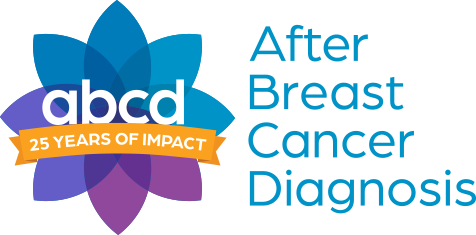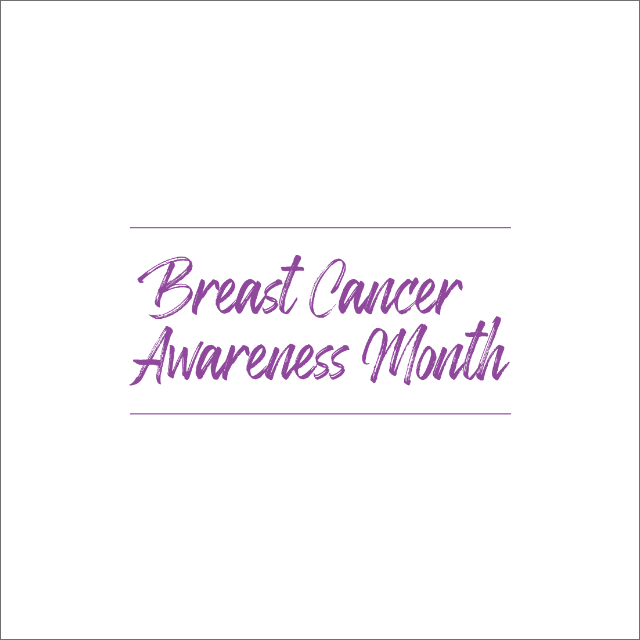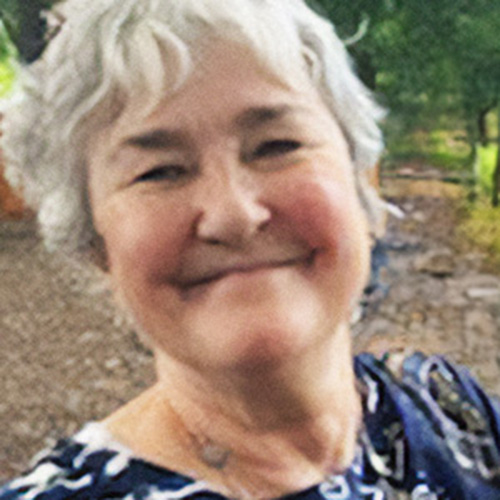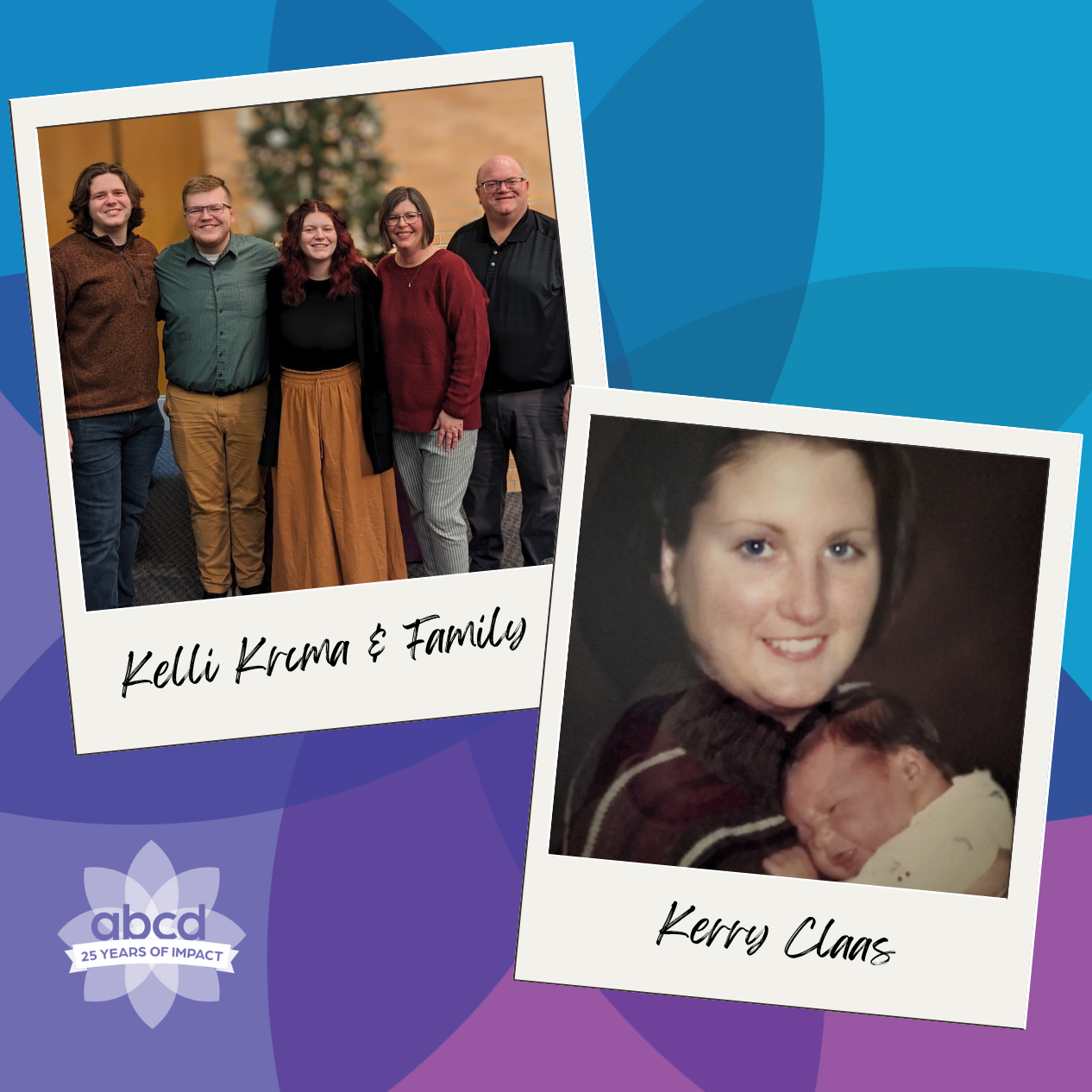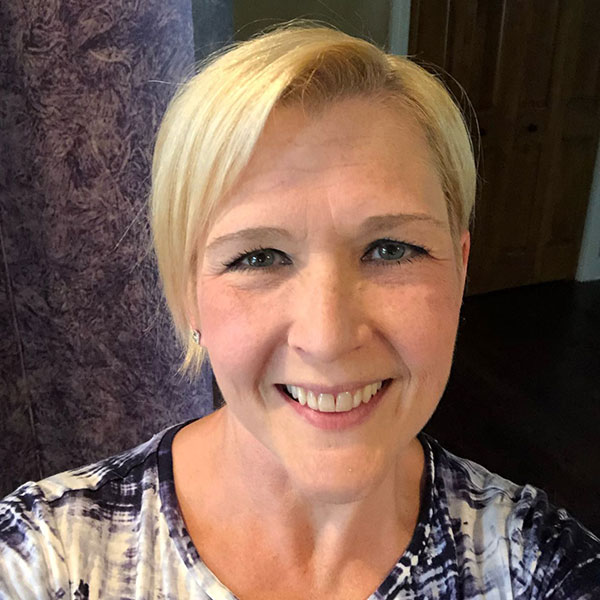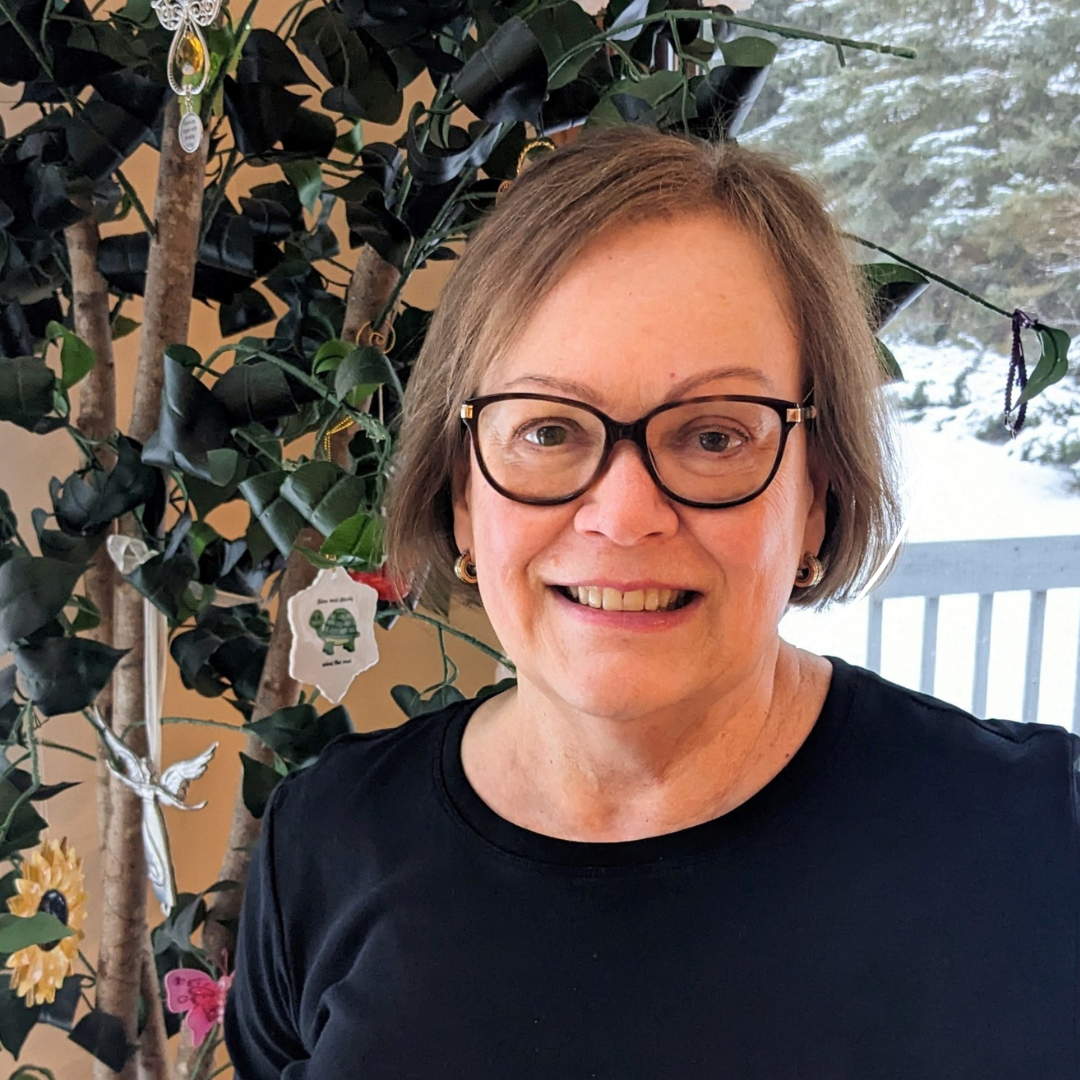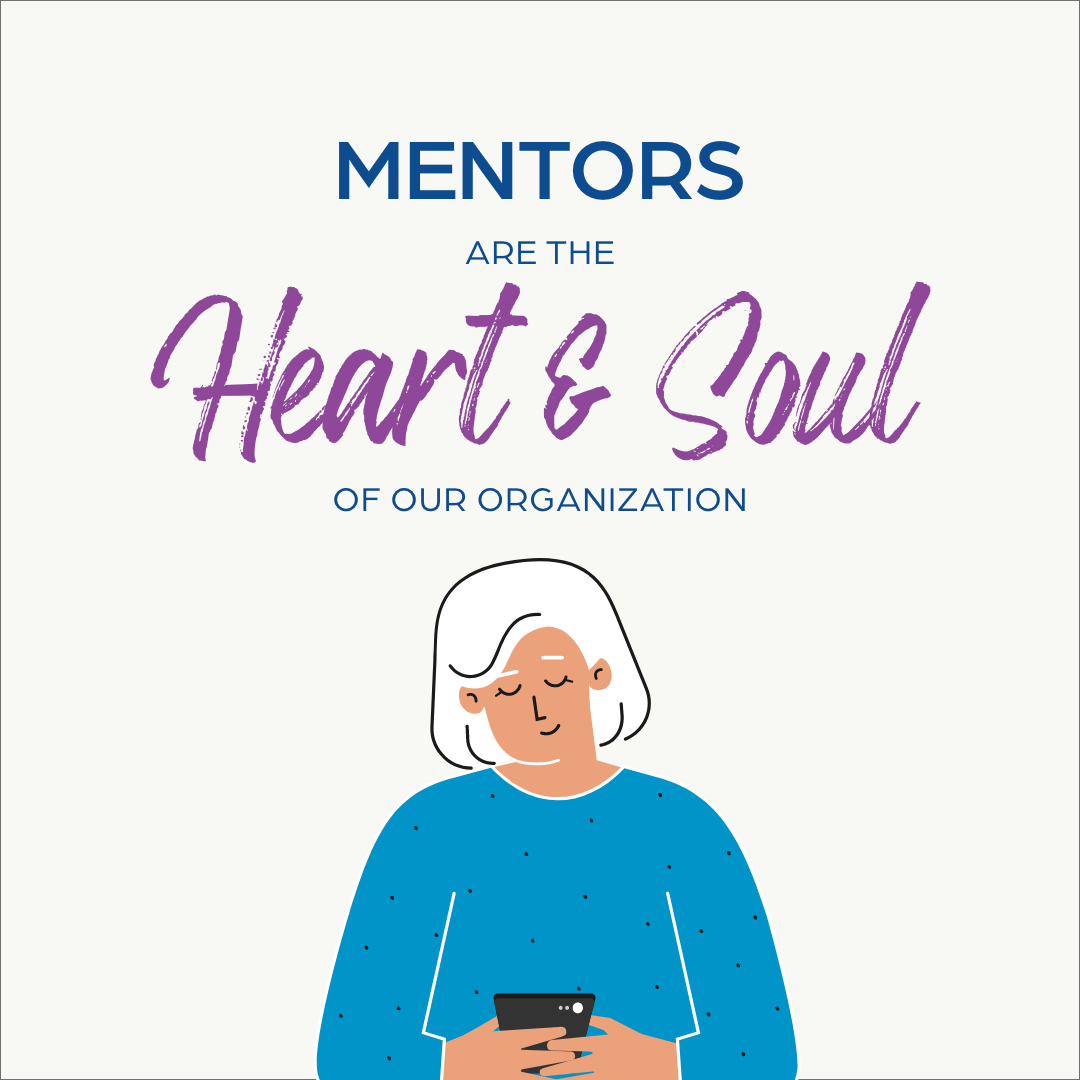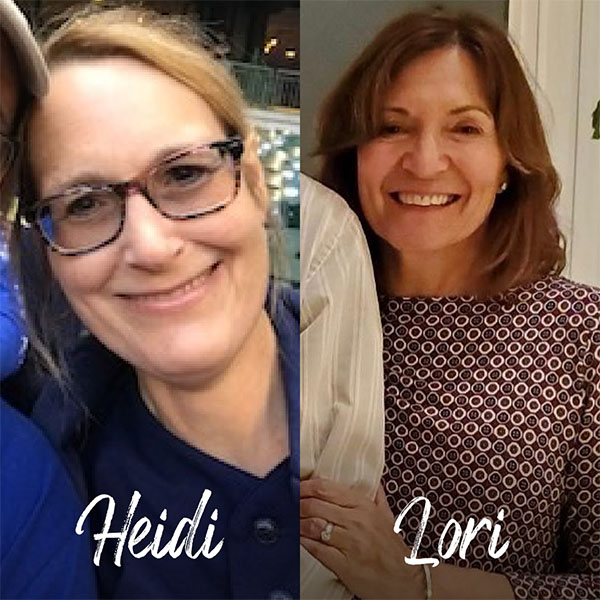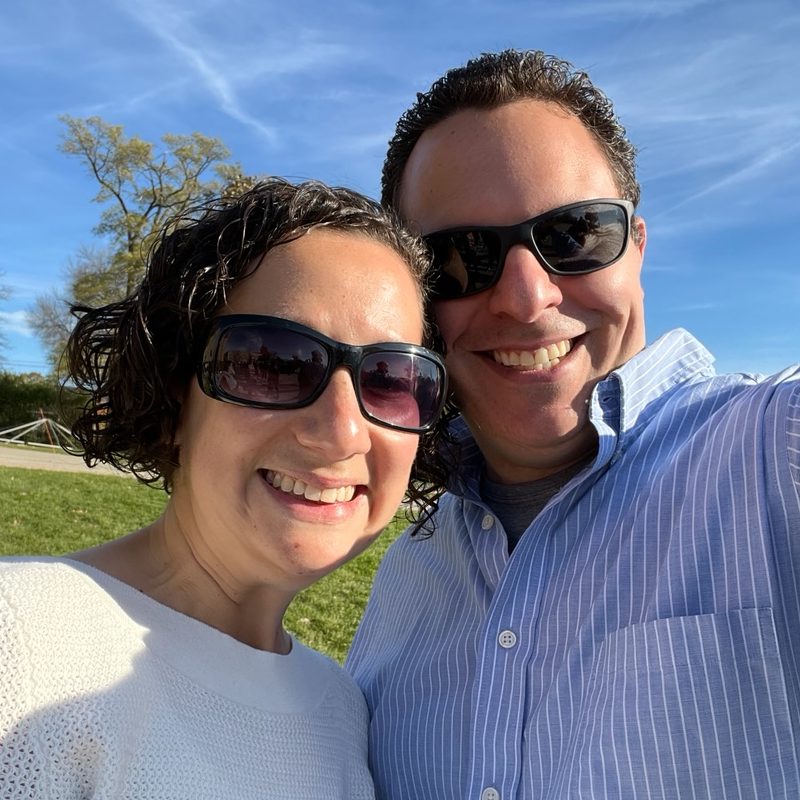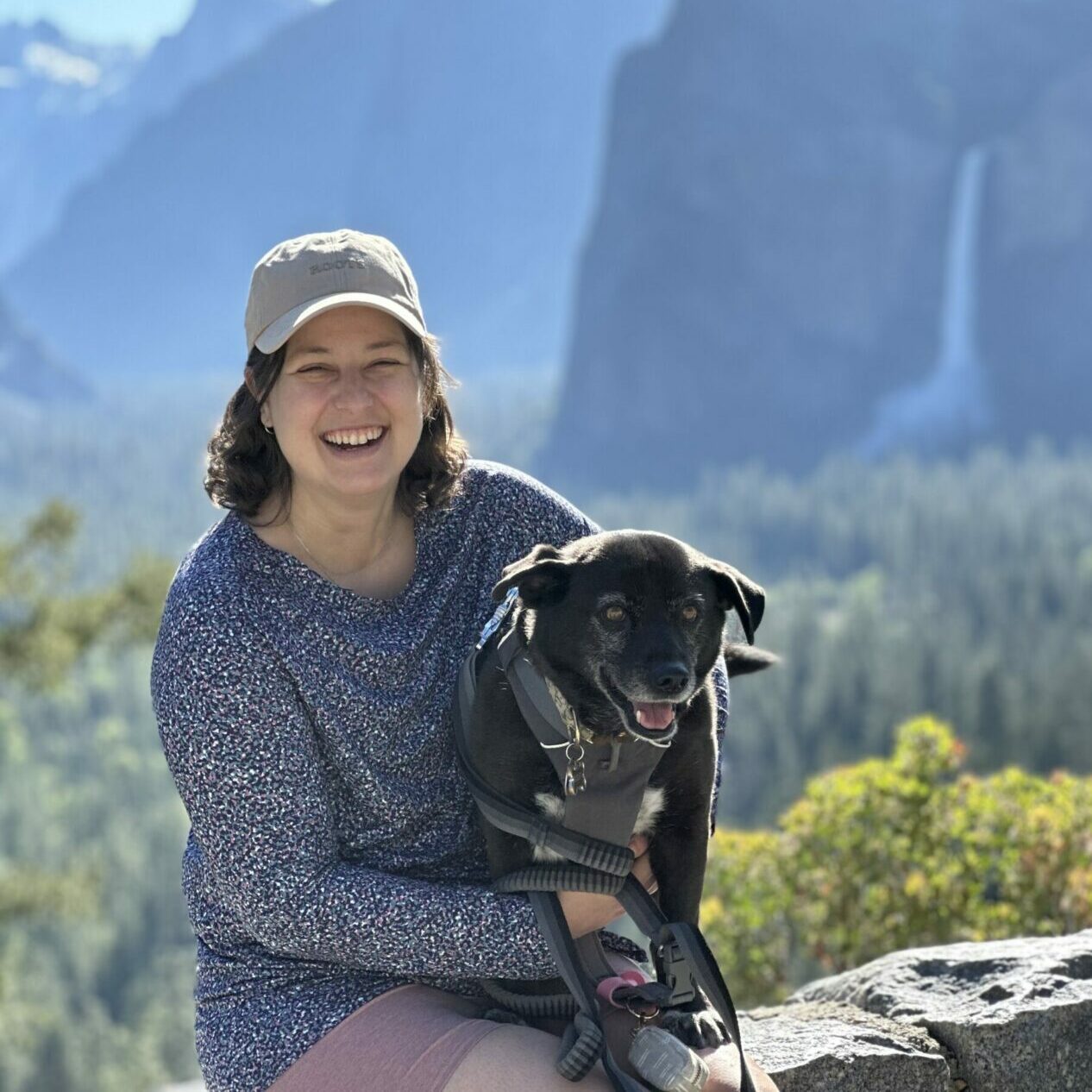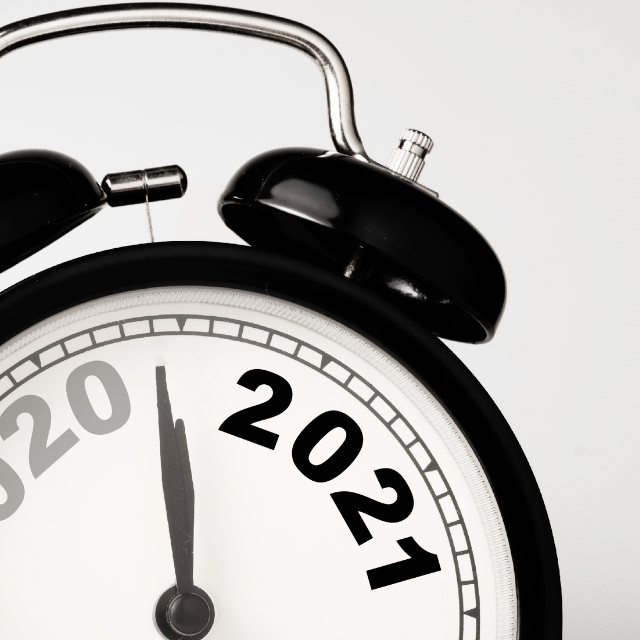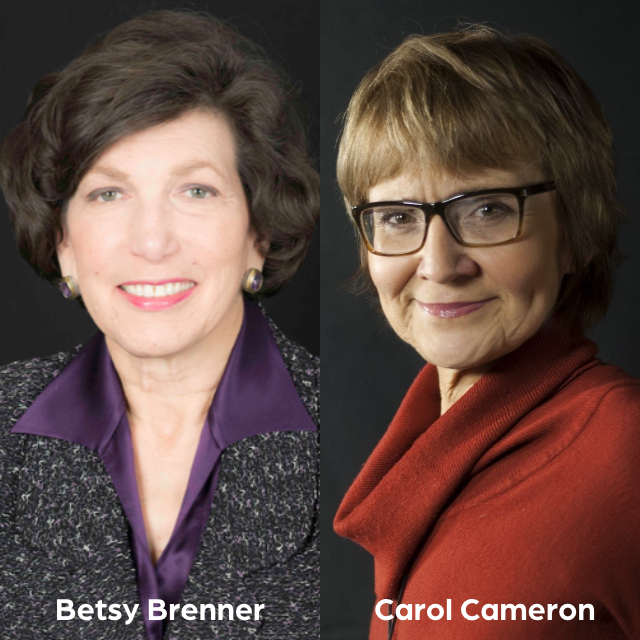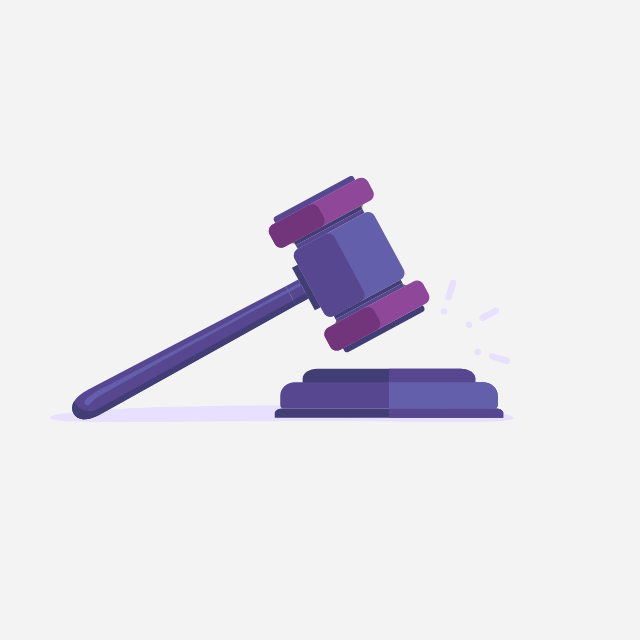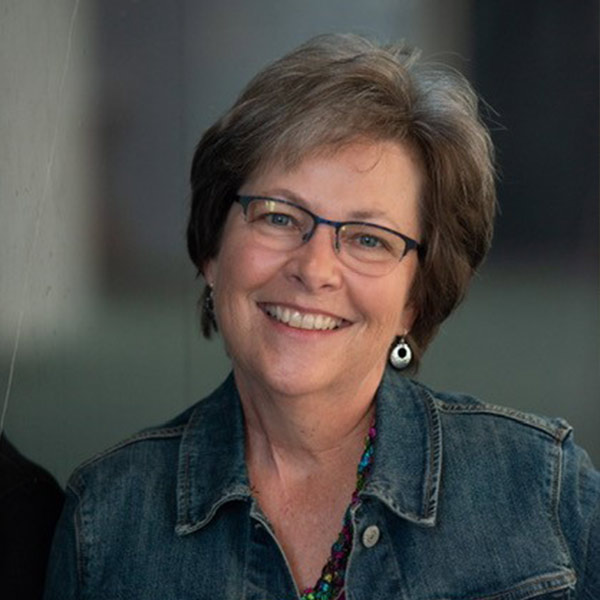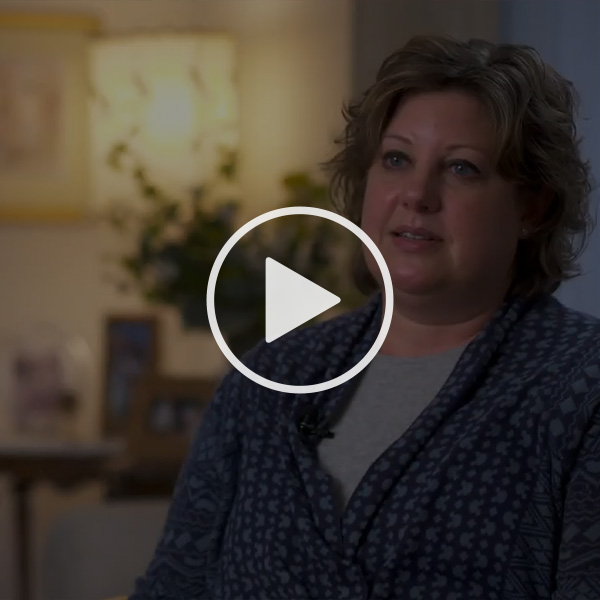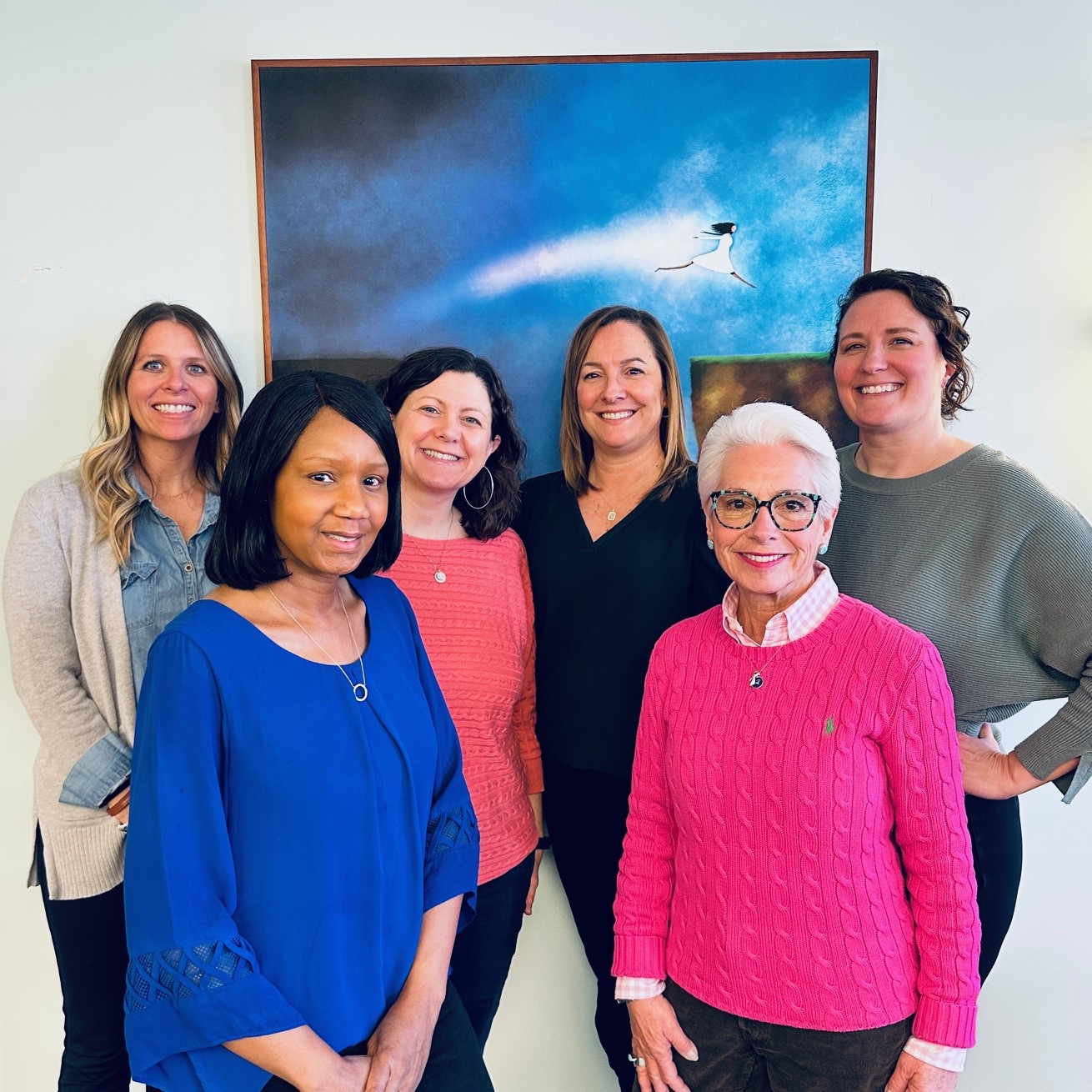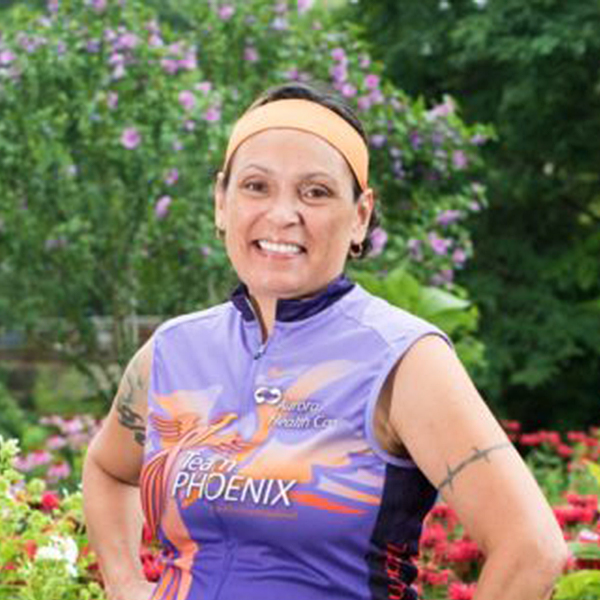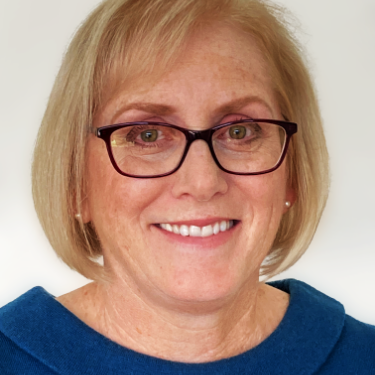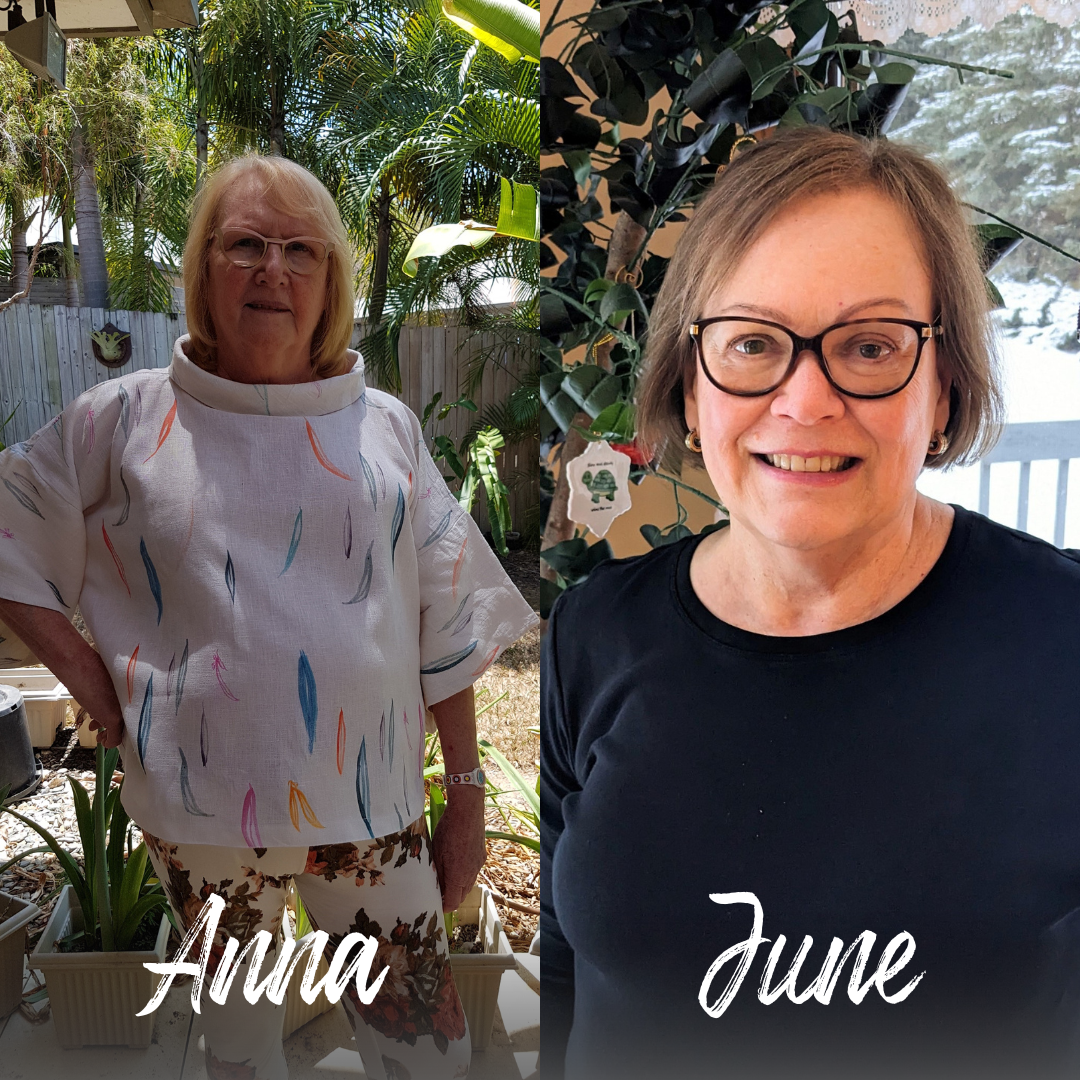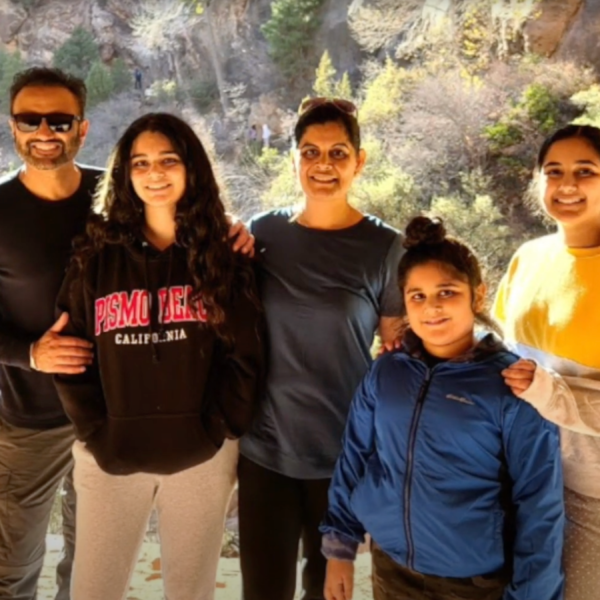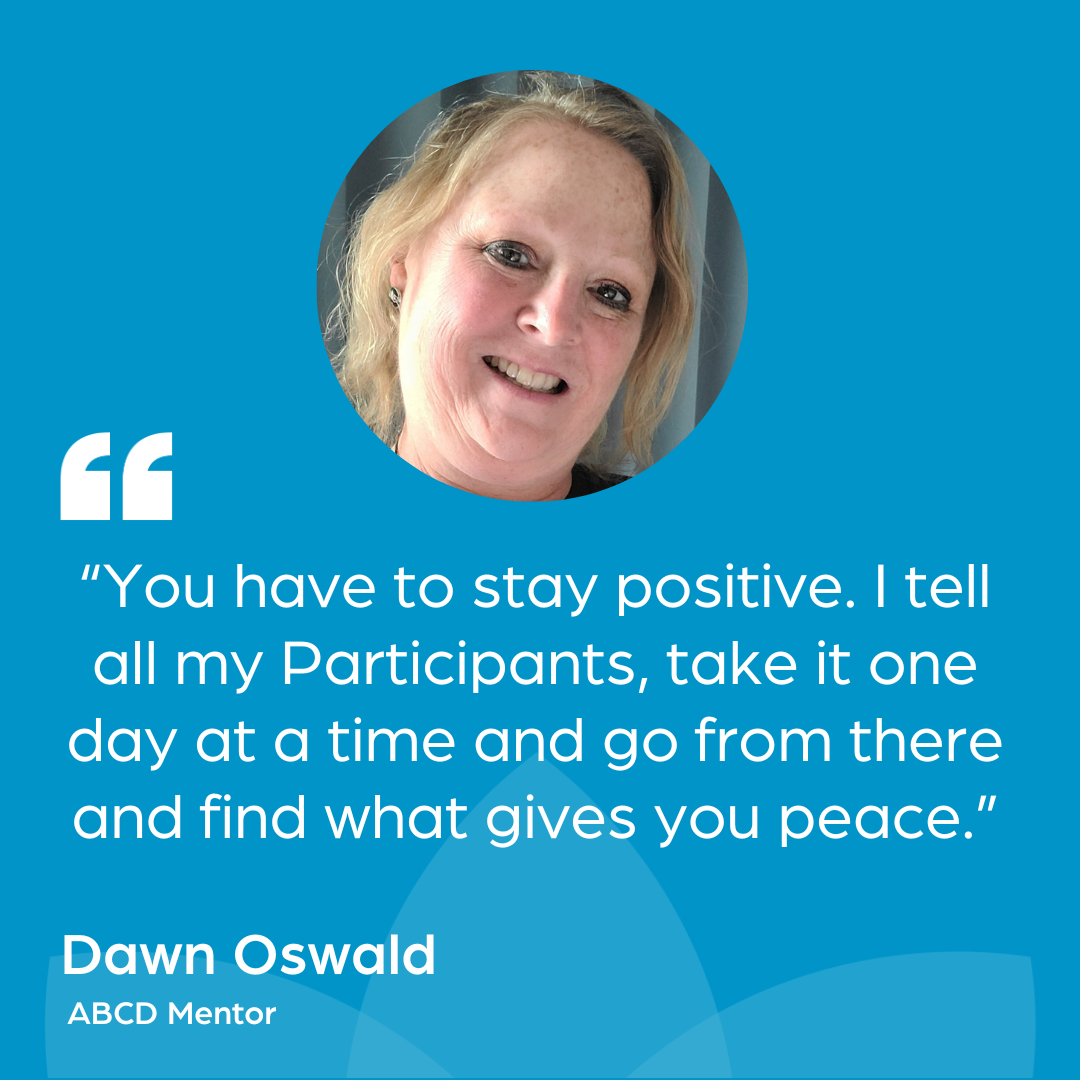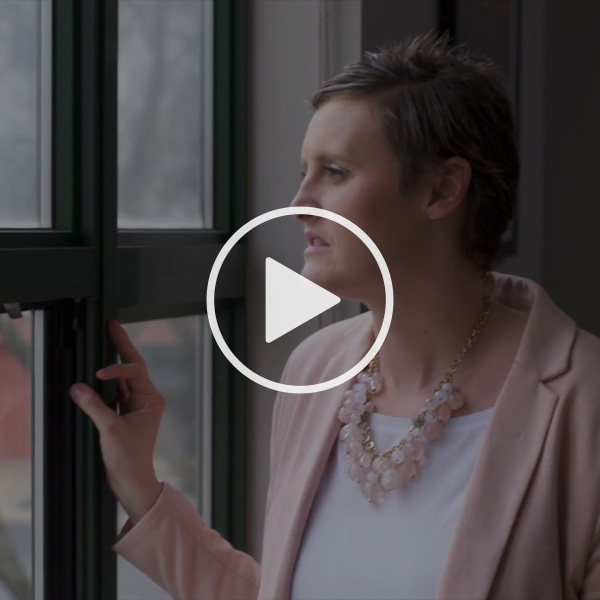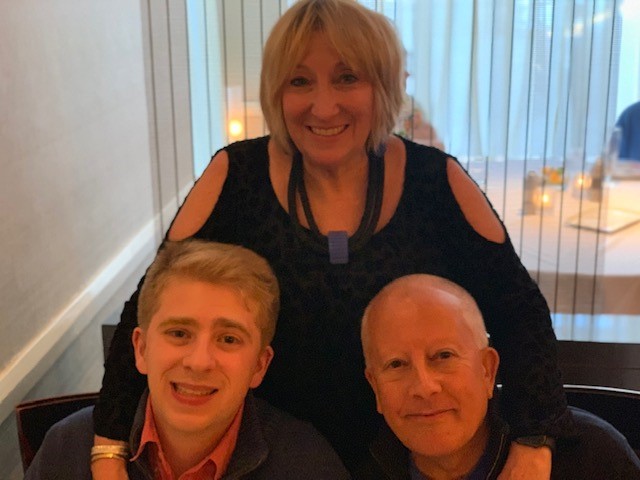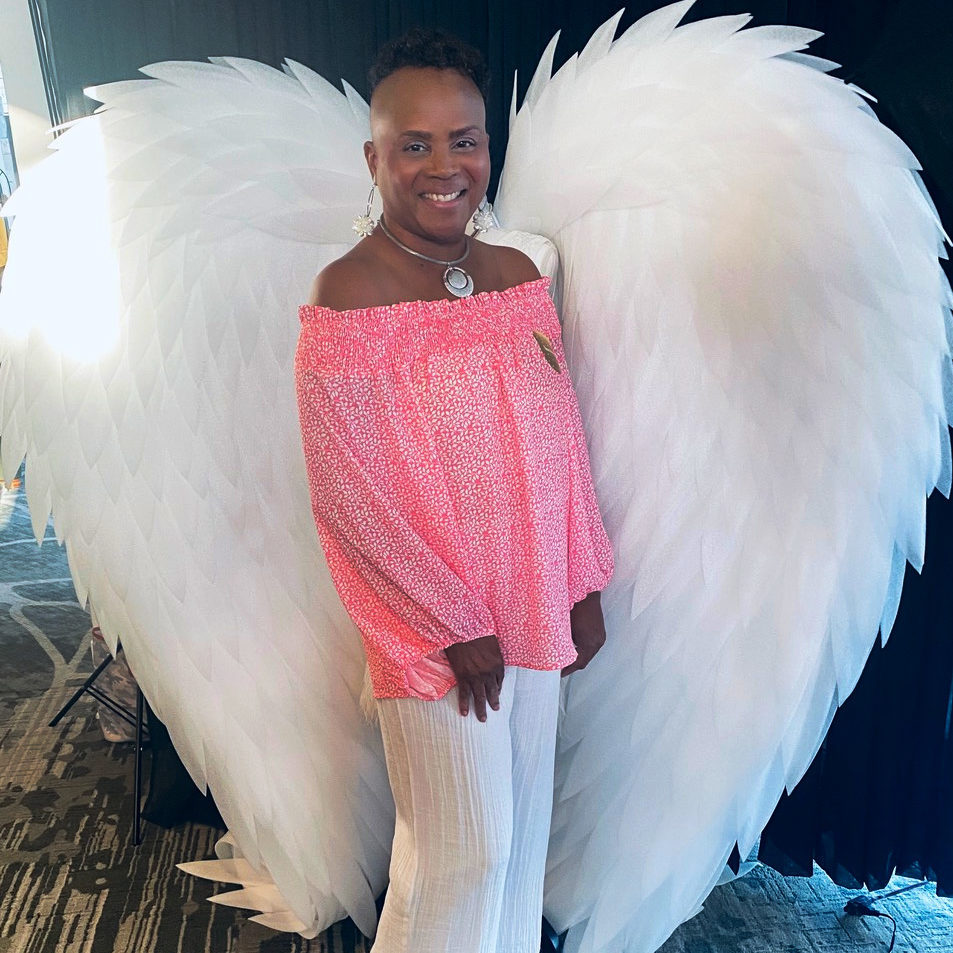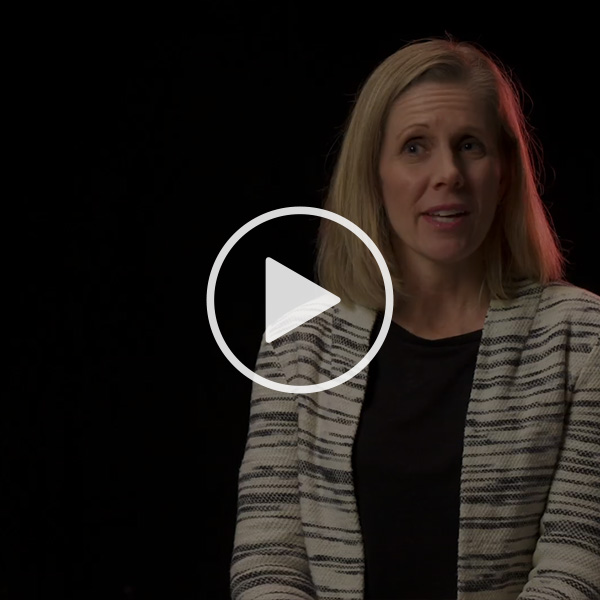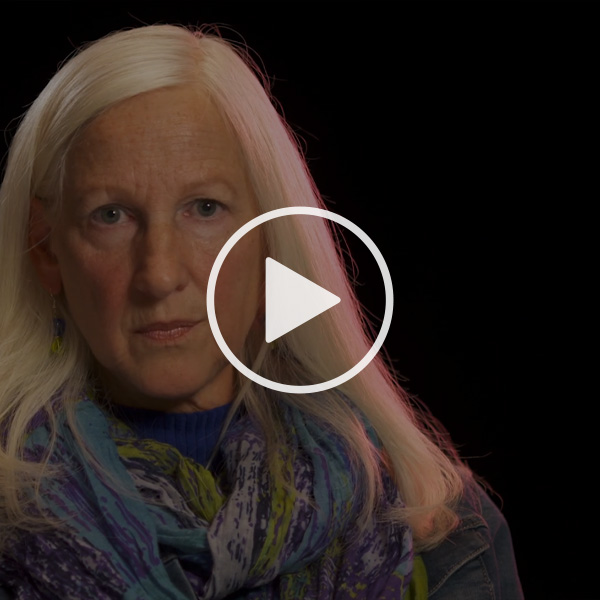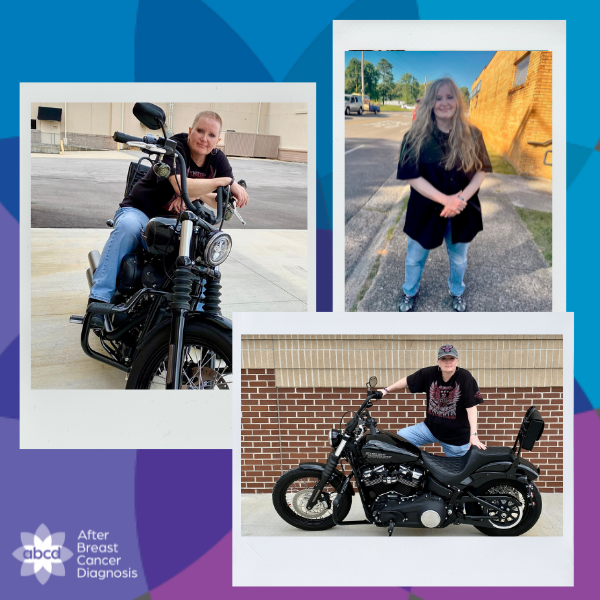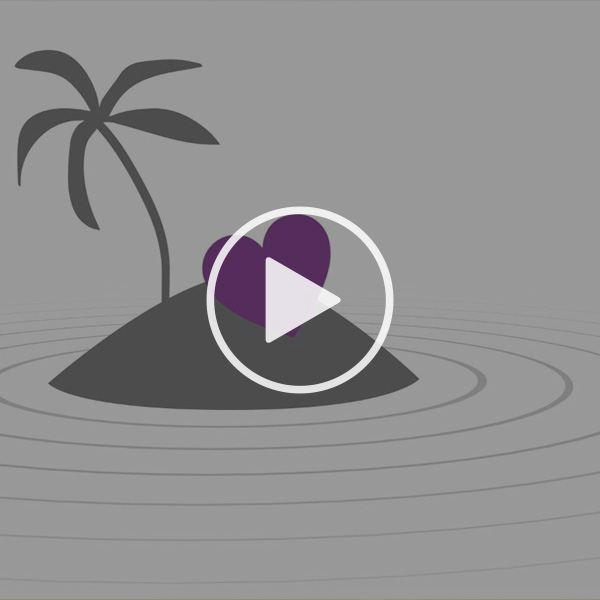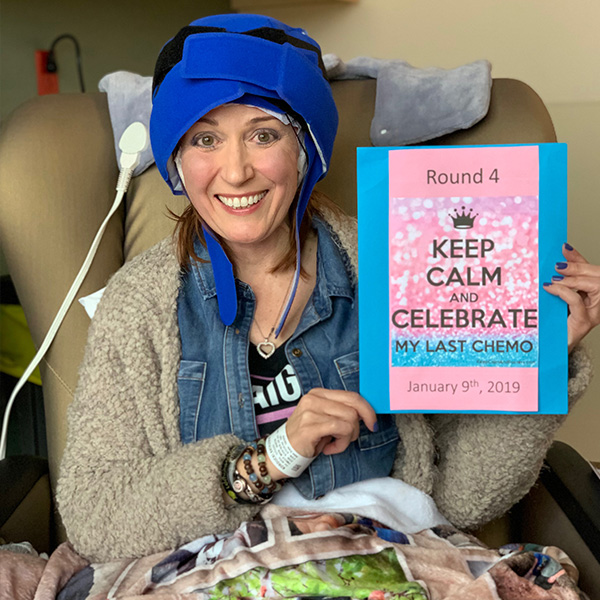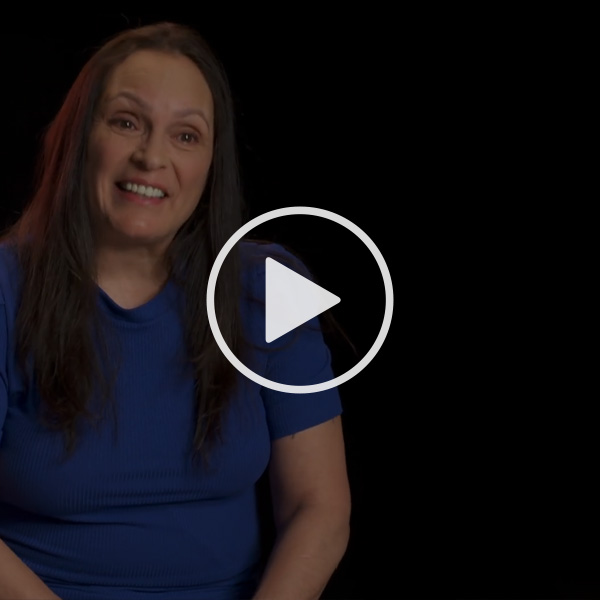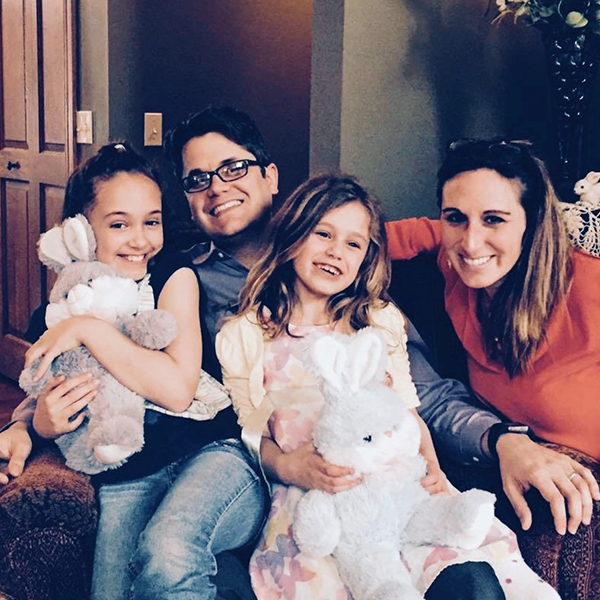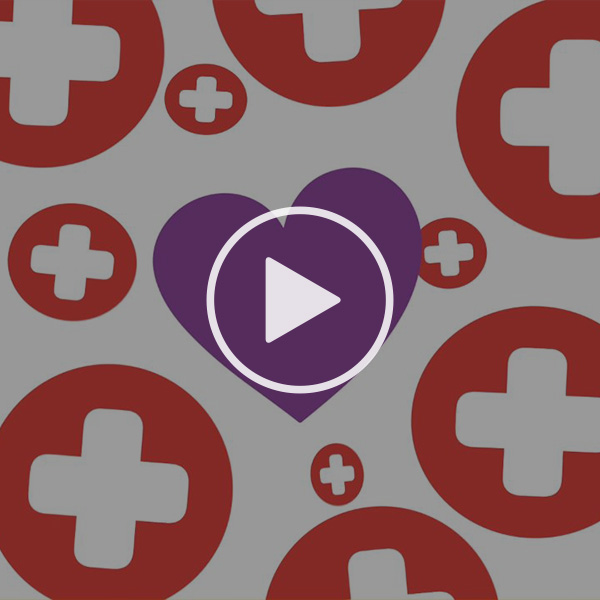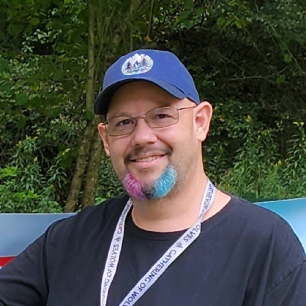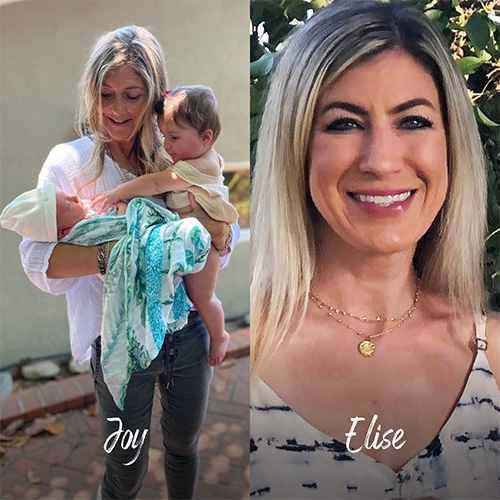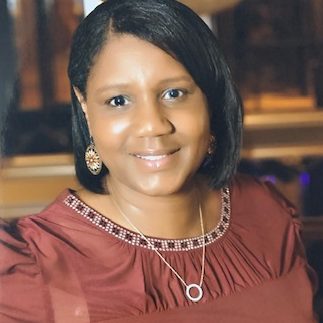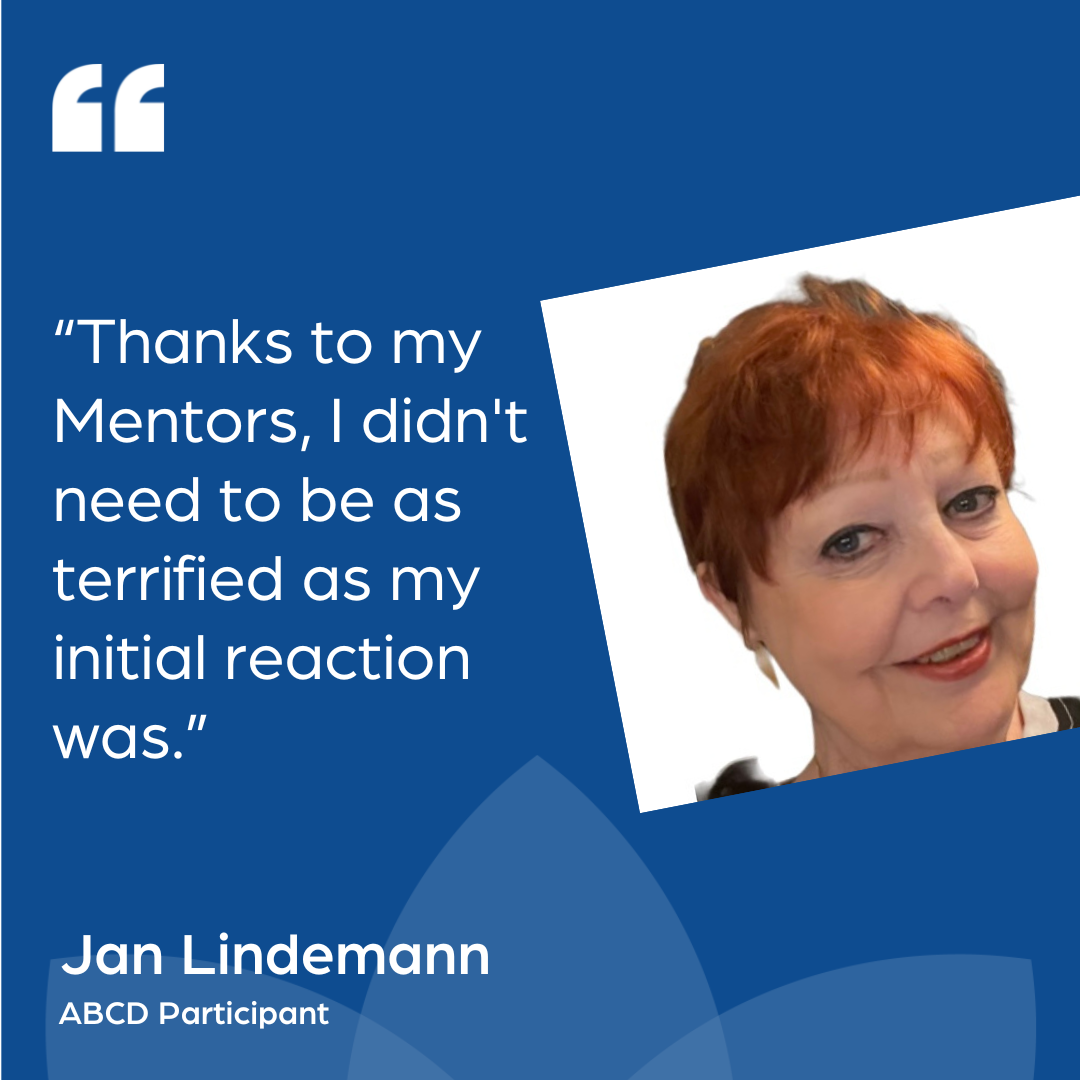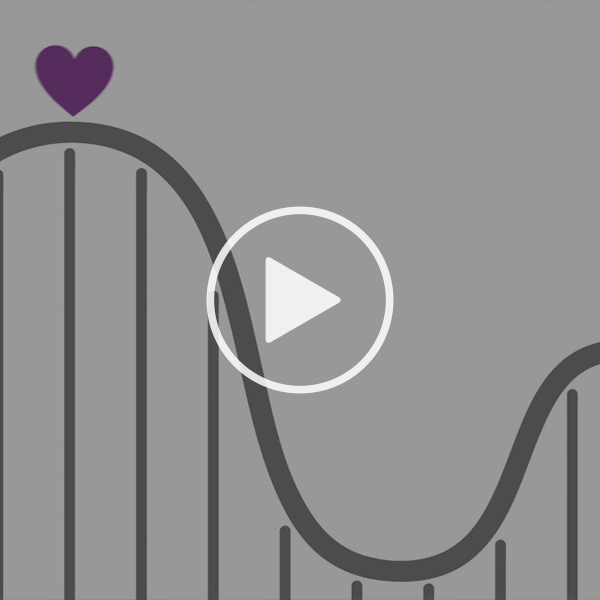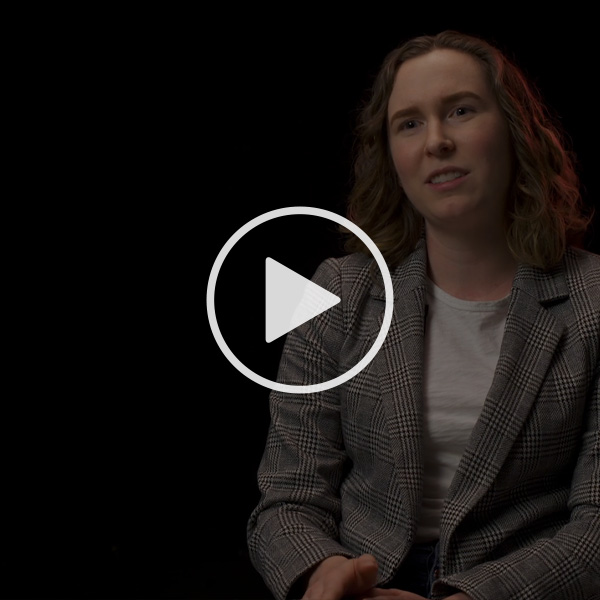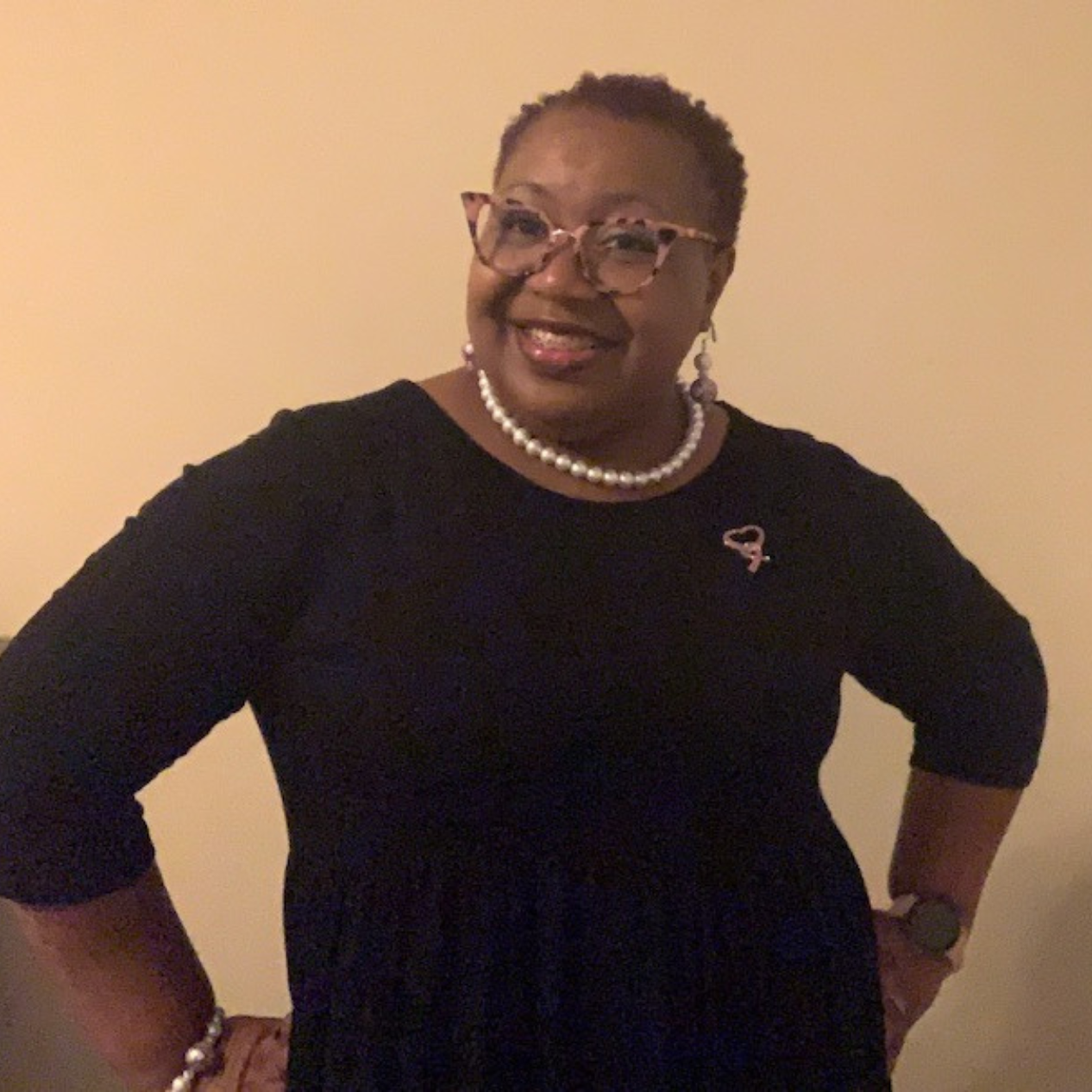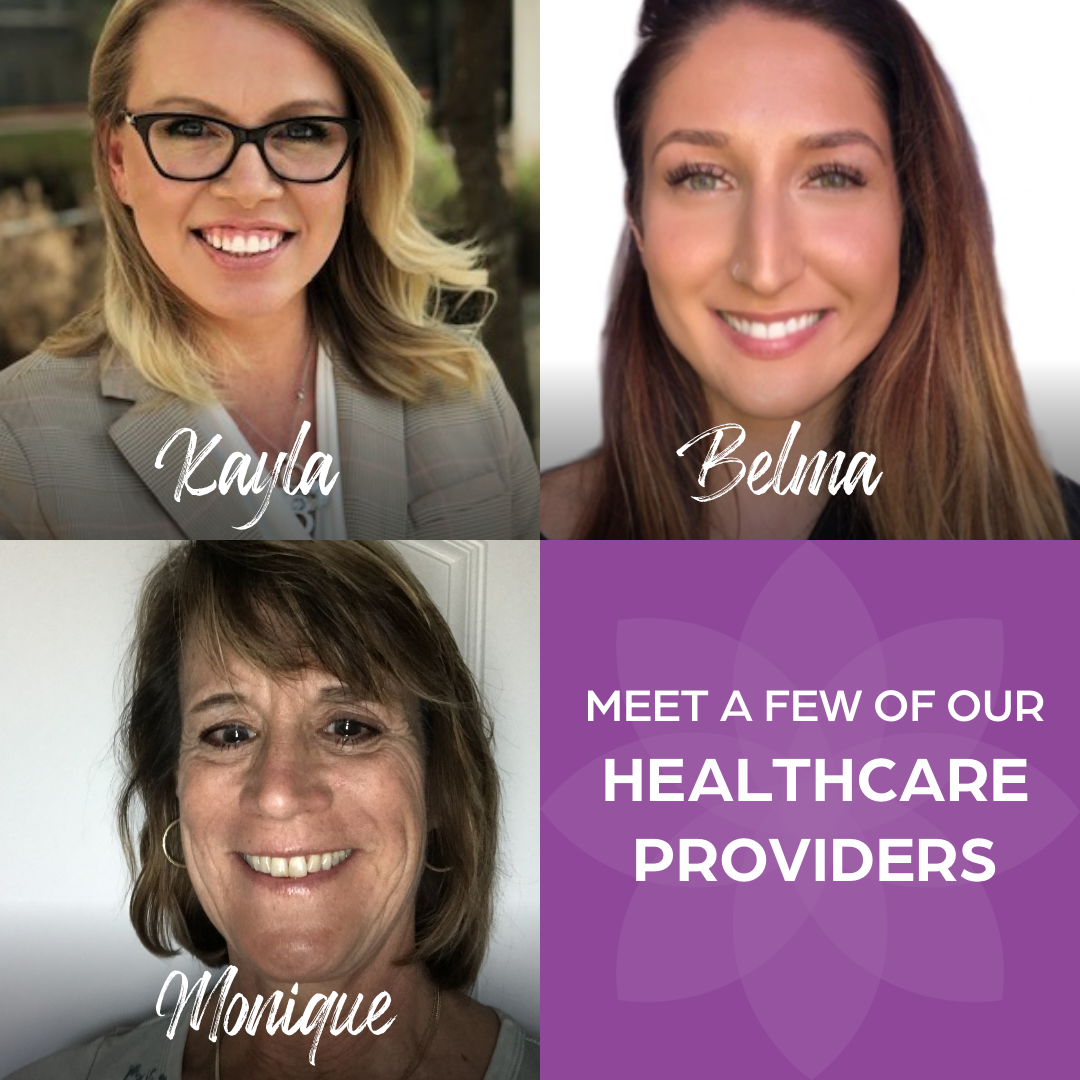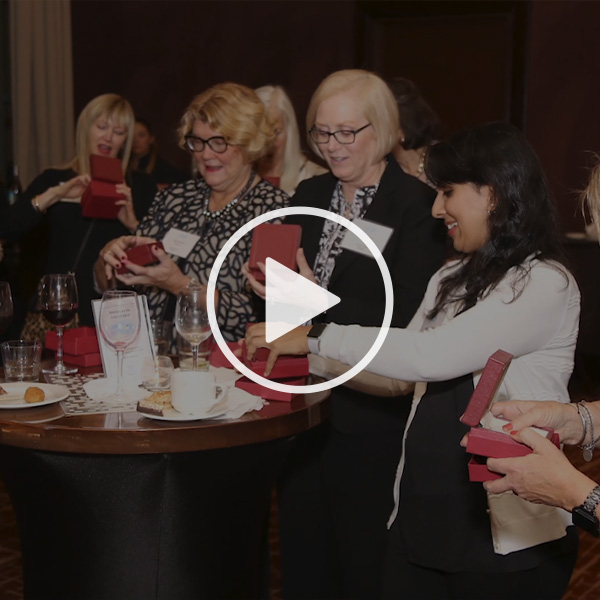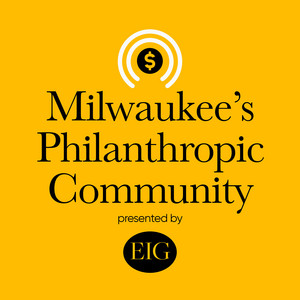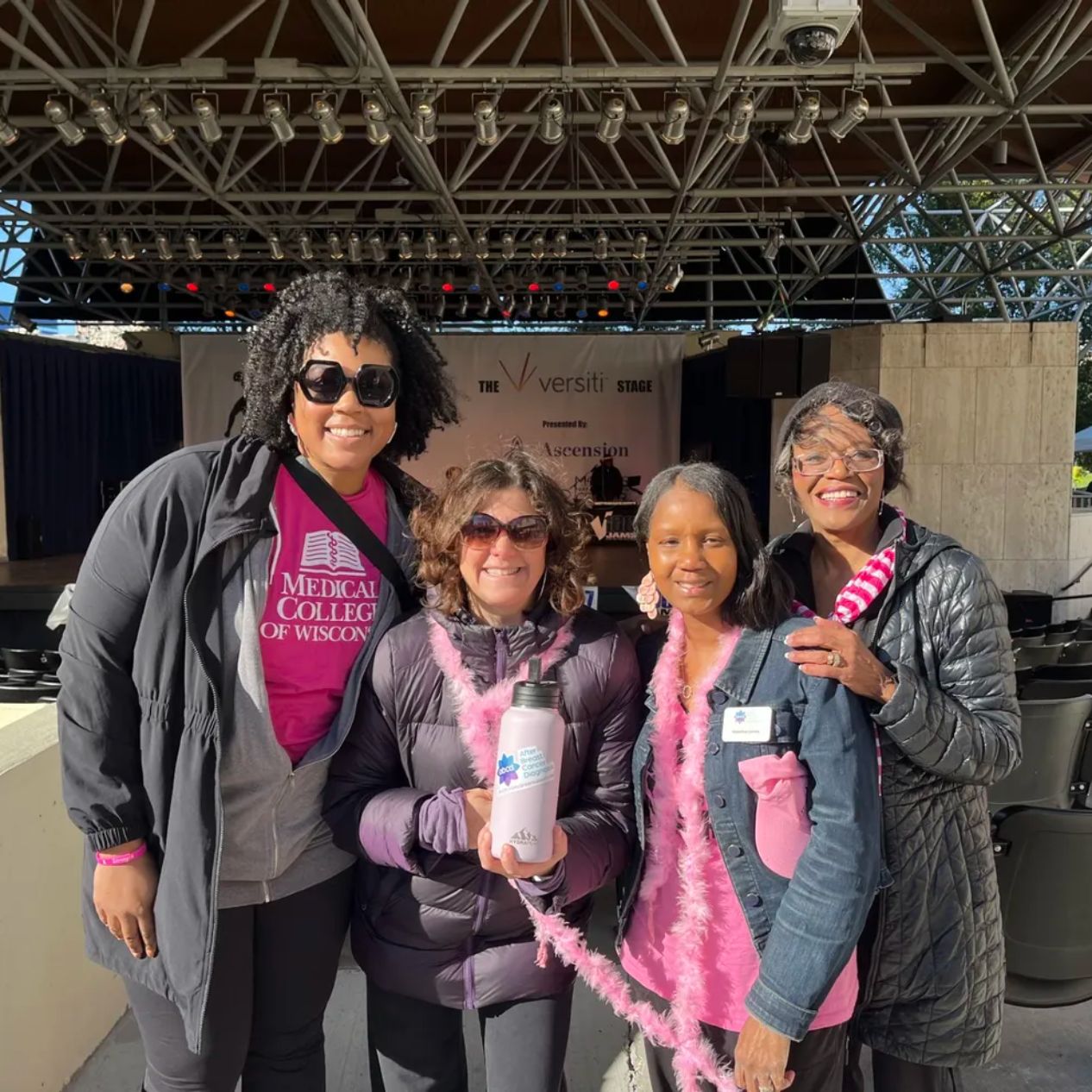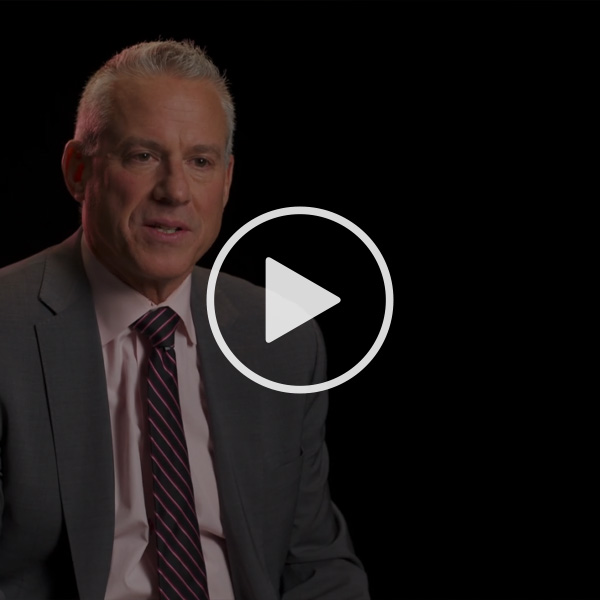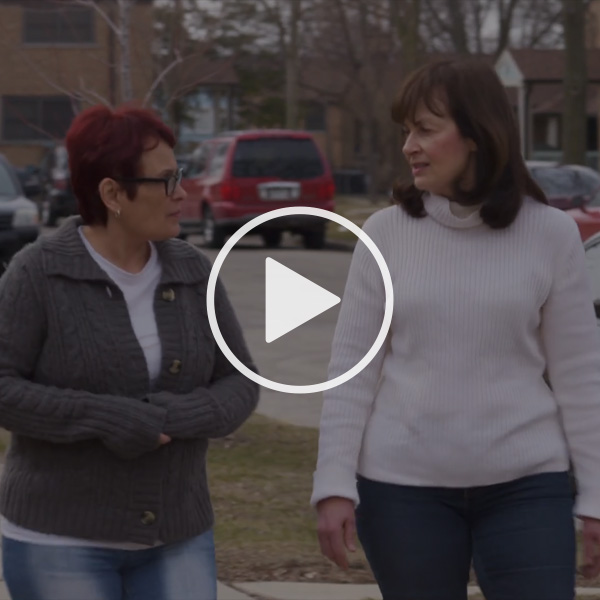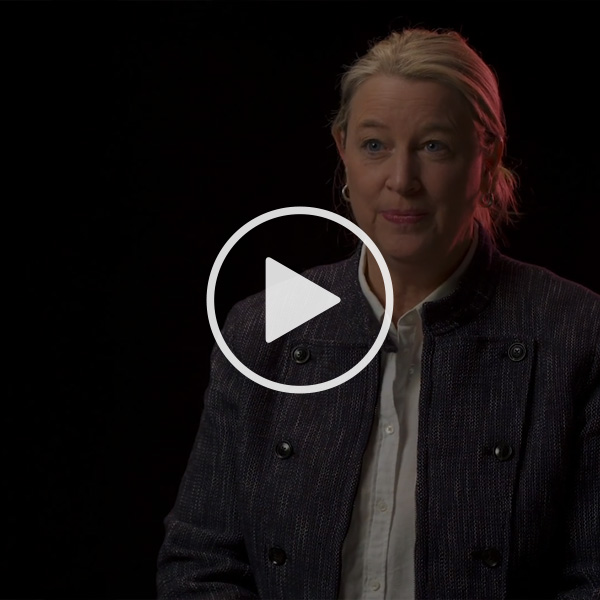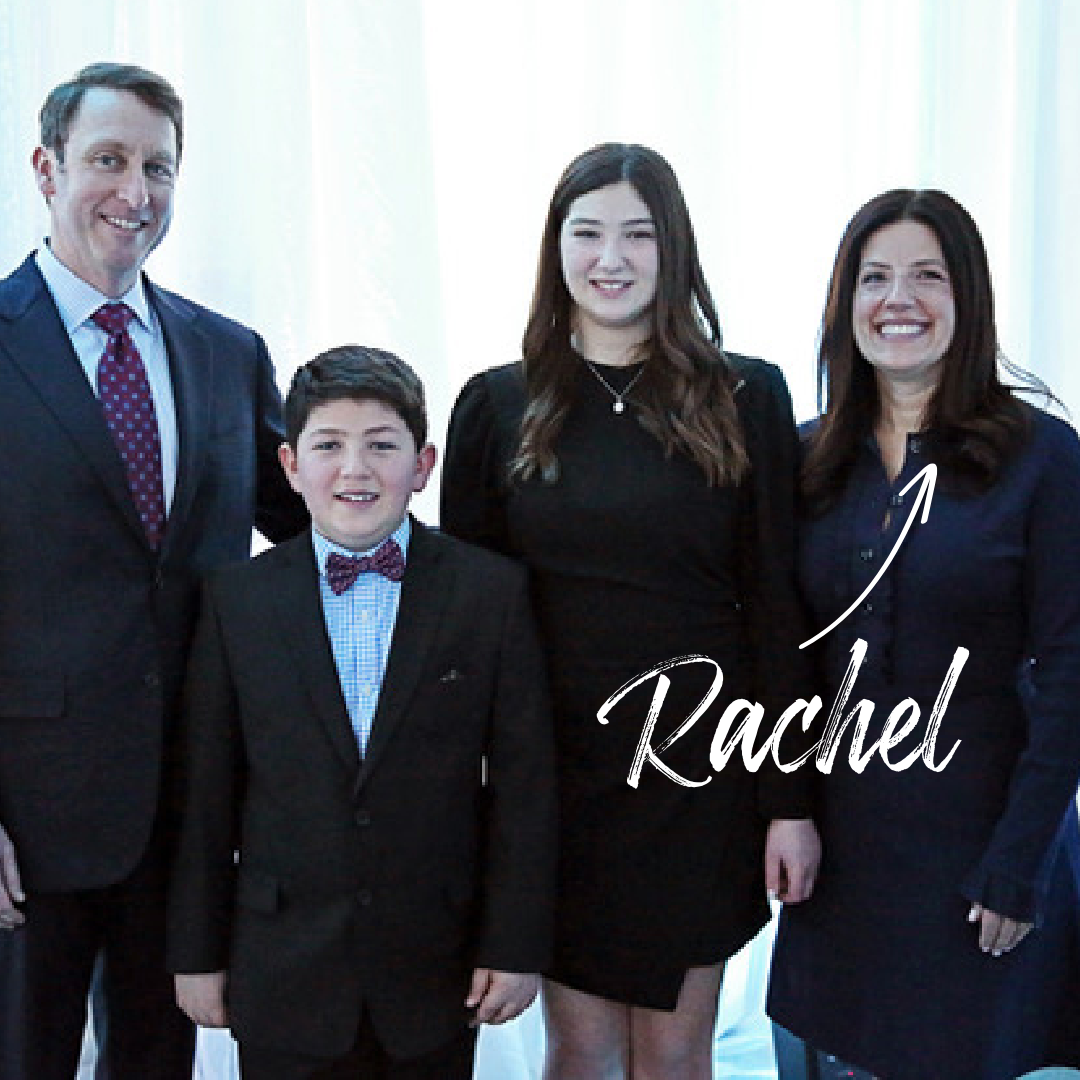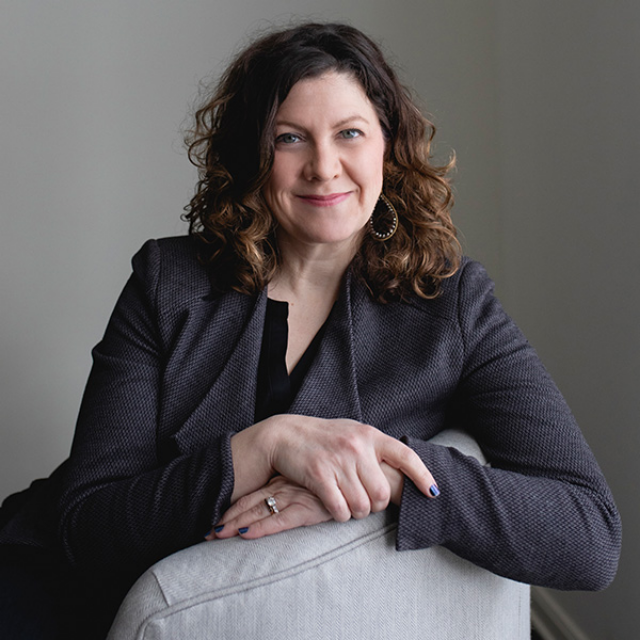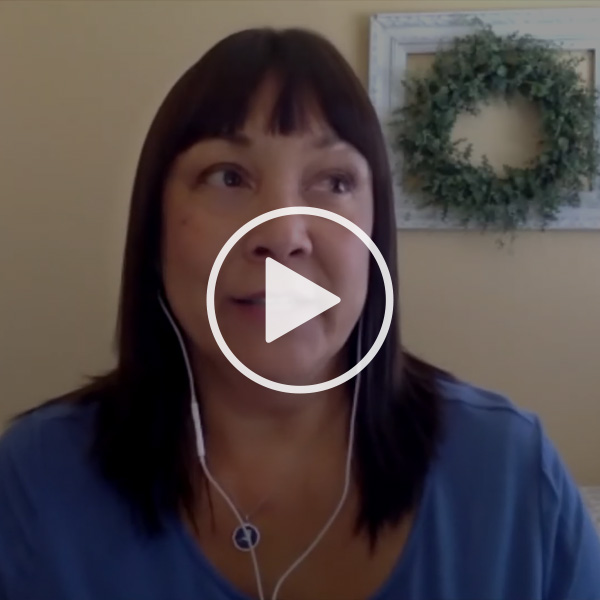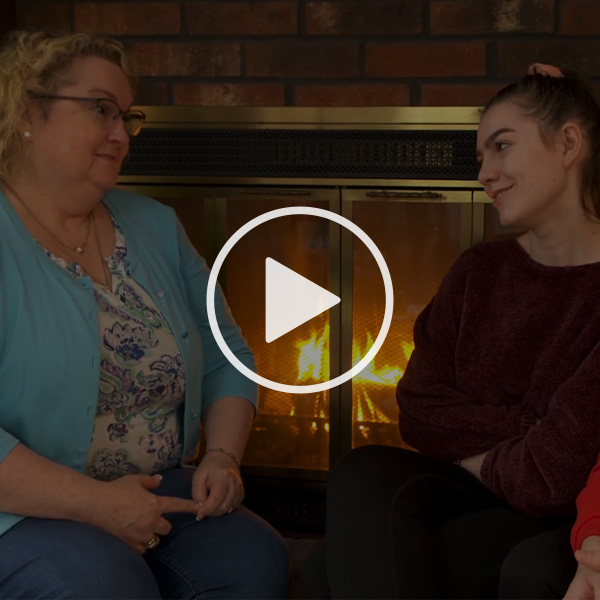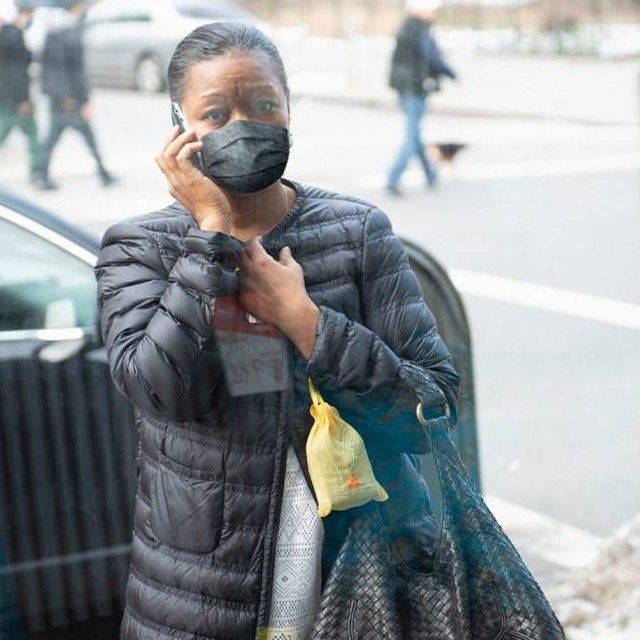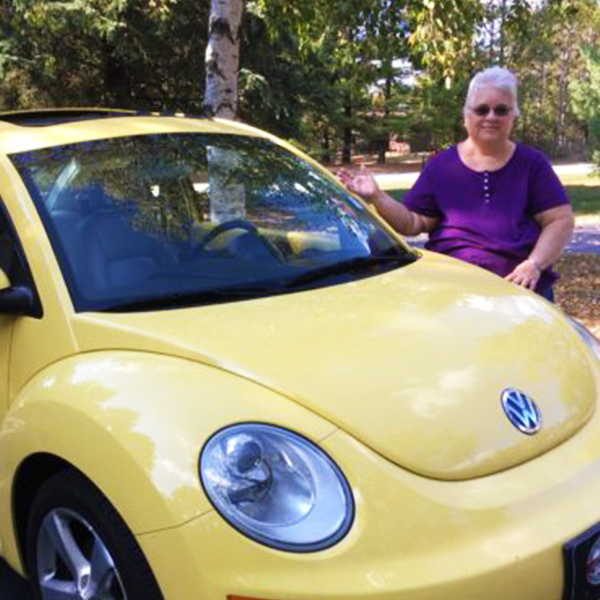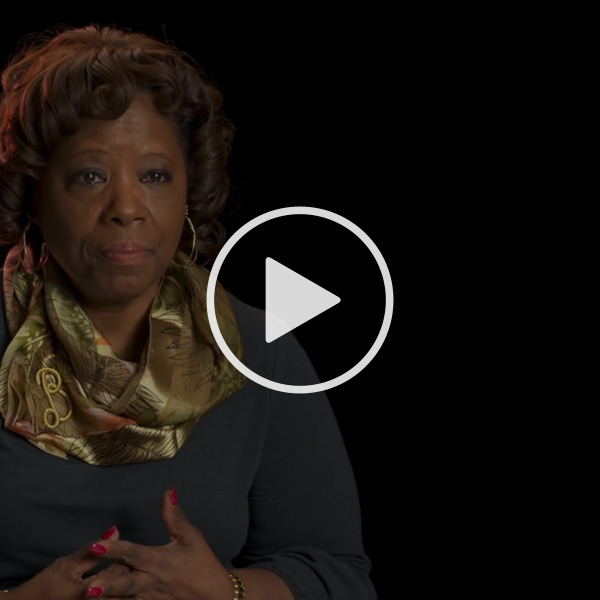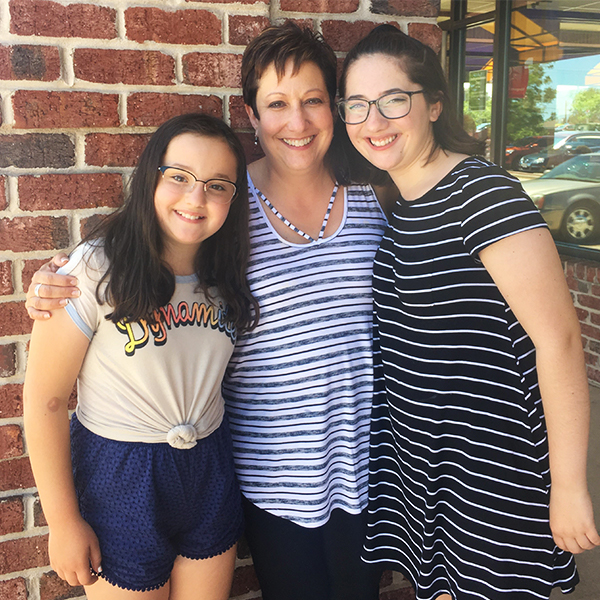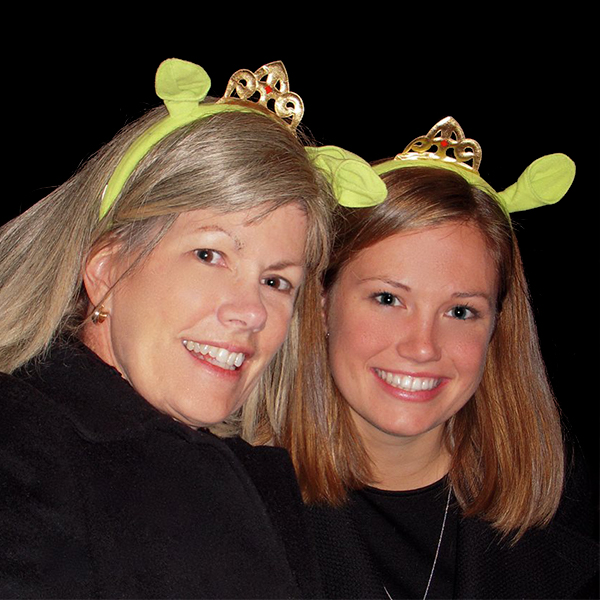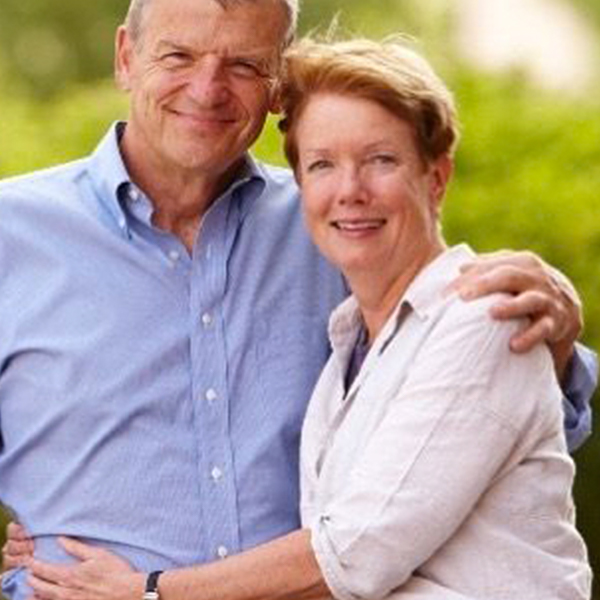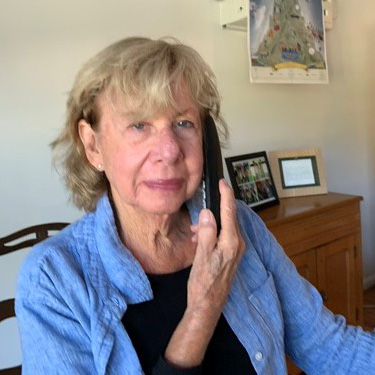
Phyllis Eig: Finding Others on the Same Journey
— By Gina Rich
October 5, 2021
In June 2016, shortly after Phyllis Eig learned she had breast cancer, her surgeon invited her to a weekly support group for newly diagnosed patients. Days later, Phyllis found herself in a room with other women who, like her, were just starting their breast cancer journeys. Their shocked expressions mirrored her own.
As she processed her early fears and questions, Phyllis felt inspired by her doctor’s commitment to helping women support each other. “It really struck a chord with me,” says Phyllis, a Brooklyn native who received treatment at The Center for Breast Health in Suffern, New York. “I decided that once I was done with my surgery and my treatment, I wanted to do something.”
After her recovery, Phyllis began volunteering with the American Cancer Society, connecting with patients who needed peer support following diagnosis. But the program wasn’t a good fit for her, so she researched other options online. That’s when she discovered the Mentor program at ABCD: After Breast Cancer Diagnosis.
At that time, ABCD offered Mentor trainings only in person. Phyllis reached out to learn more, and even contemplated flying out from New York to participate, but ultimately decided to continue volunteering locally. Her doctor’s office often connected her with patients, and Phyllis was glad to help. “I wanted to give back so badly,” she says.
But several months later, ABCD called Phyllis with an update: Online training was now available for prospective Mentors who didn’t live in the Milwaukee area. “I was delighted,” says Phyllis, who completed the training in early 2018.
Both the quality of the training and the support ABCD provides to Mentors are impressive, says Phyllis, who herself has a background in working with volunteers. She especially appreciates that if she has a question, ABCD is always there to help. “Even if it’s a question that they can’t answer, they would even pass me on to doctors who spent half an hour on the phone with me, because I really needed to understand,” she explains.
Today, Phyllis volunteers as a Mentor and continues to work with patients referred by her doctor in New York, if she feels she is a good match for them. If not, she connects the patients with ABCD.
Phyllis has noticed an uptick in requests for support during the pandemic. Many women who delayed their mammograms are now coping with a new diagnosis, she says. And because patients her age are often divorced or widowed, they don’t have a good support system at home. Especially before vaccines were widely available, relatives couldn’t always take time off work to quarantine and visit safely, so many patients largely went through treatment alone. “It was heartbreaking,” says Phyllis. “I think ABCD got more calls because of that, because they needed to reach out somehow.”
Phyllis emphasizes how important it is to find emotional support, not only during treatment but also months or even years afterward. That’s because many breast cancer patients experience post-traumatic stress disorder. “After you get done with your treatment and the crisis is over,” she says, “all of a sudden emotionally, it’s like somebody hit you with a brick and you say, ‘I have cancer? I had cancer?’”
Mental health is a key component of ABCD’s Mentor training program, and Mentors know how to connect patients with additional resources if appropriate. Phyllis encourages the women she speaks with to seek out whatever additional support they need, such as short-term professional help. It’s perfectly normal to experience difficult feelings, she says. “You’re absorbing what you went through.”
The upside is that after going through cancer, “you become a different, better version of yourself,” says Phyllis. “You’re stronger. But you’re also more apt to stand up for yourself in a way that you never did before,” she says. “You don’t put up with stuff.”
When she’s not volunteering for ABCD or Good Samaritan Hospital Foundation, which supports the hospital where she received care, Phyllis enjoys spending time with her family. She and her husband, David Eig, have three sons and six grandchildren. Phyllis also remains close with four women from her original breast cancer support group. They try to meet regularly and never lose touch. “That’s a bond that will never go away,” she says.
To this day, she’s grateful to her doctor for connecting her with others on the same journey. “All the work that she does really isn’t complete without us sharing and supporting one another.”
